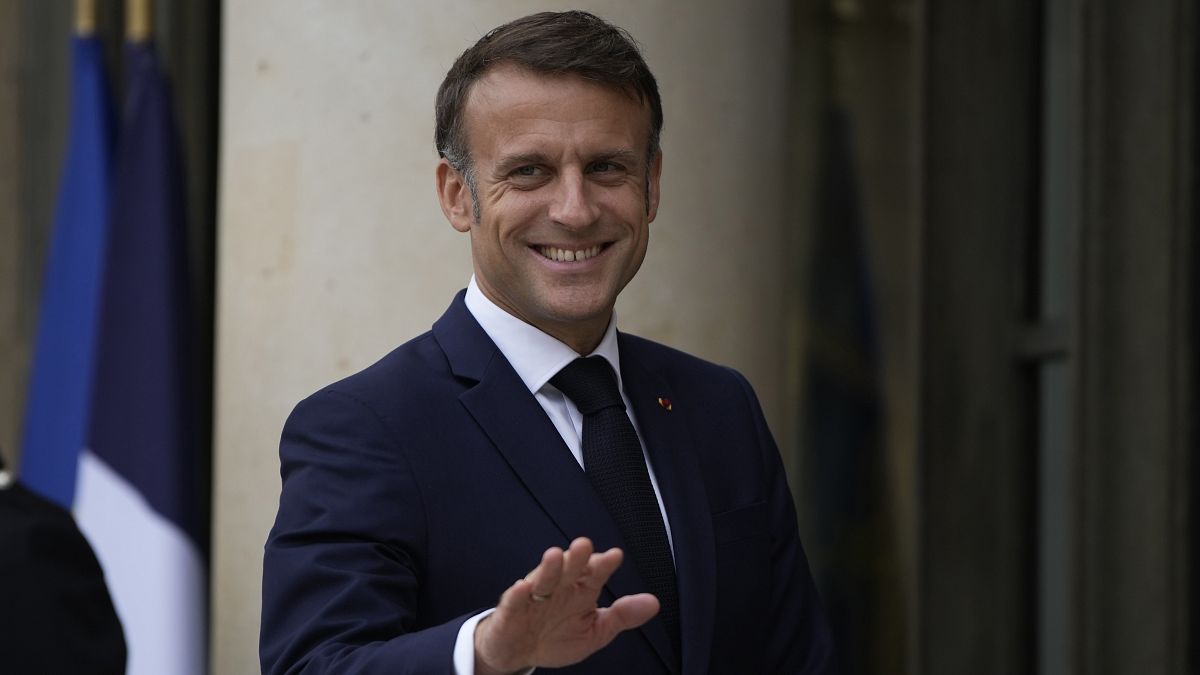French President Emmanuel Macron is currently working towards building the broadest and most stable majority possible by holding meetings with key leaders of the country’s main political parties. The goal is to resolve the ongoing political crisis in France through dialogue. Six weeks after the legislative elections, Macron is welcoming various party leaders to discuss the naming of a future government and prime minister. The left-wing coalition New Popular Front (NFP) opened the consultations by proposing Lucie Castets as their candidate for Prime Minister. Despite not having an absolute majority in the National Assembly, the NFP is willing to seek compromises to govern effectively.
Macron’s approach to these consultations is to engage in fair and sincere dialogue that will be beneficial to the country. With the NFP falling short of an absolute majority by one hundred seats, Macron is exploring options to create an alternative majority that could include some members of the right and moderate socialists. However, the right and far-right parties have made it clear that they will not support a left-wing government if ministers from France Unbowed (LFI) are appointed. The NFP has expressed readiness to govern even without an absolute majority, criticizing Macron for what they see as a lack of action and potential danger to the country.
The left-wing coalition NFP comprises France Unbowed, Socialists, Communists, and Greens, who have been dealing with internal conflicts and disagreements since their formation after Macron dissolved parliament. France Unbowed, led by Jean-Luc Mélénchon, has threatened impeachment procedures if Macron does not appoint Lucie Castets as Prime Minister, a move that has not been supported by other parties in the coalition. A recent poll conducted by Harris Interactive shows that Castets is relatively unknown to the general public, with 40% of respondents stating that they do not know her well enough to form an opinion. Far-right MEP Jordan Bardella and former right-wing minister Xavier Bertrand are among the top contenders for the position of Prime Minister.
The Elysée Palace has announced that a new Prime Minister will not be appointed until Tuesday following the series of consultations with key political leaders. Macron hopes to establish a united front that can effectively govern the country and address the challenges it faces. The consultations aim to bring together different parties and ideologies to form a government that represents a wide range of views. Macron’s rejection of Castets as a potential candidate has led to tensions with the left-wing coalition, but efforts are being made to find common ground and reach compromises for the sake of the country’s stability and progress.
As Macron continues to navigate the complex political landscape in France, he faces challenges from both the left and the right in forming a government that can effectively address the needs of the people. The outcome of the consultations and the eventual appointment of a new Prime Minister will have a significant impact on the direction the country takes in the coming months. The unity and stability of the government will be crucial in addressing the various economic, social, and political issues facing France. Macron’s ability to build a broad and stable majority will be key in ensuring that the government can implement policies that benefit all citizens and maintain the country’s position on the world stage.










